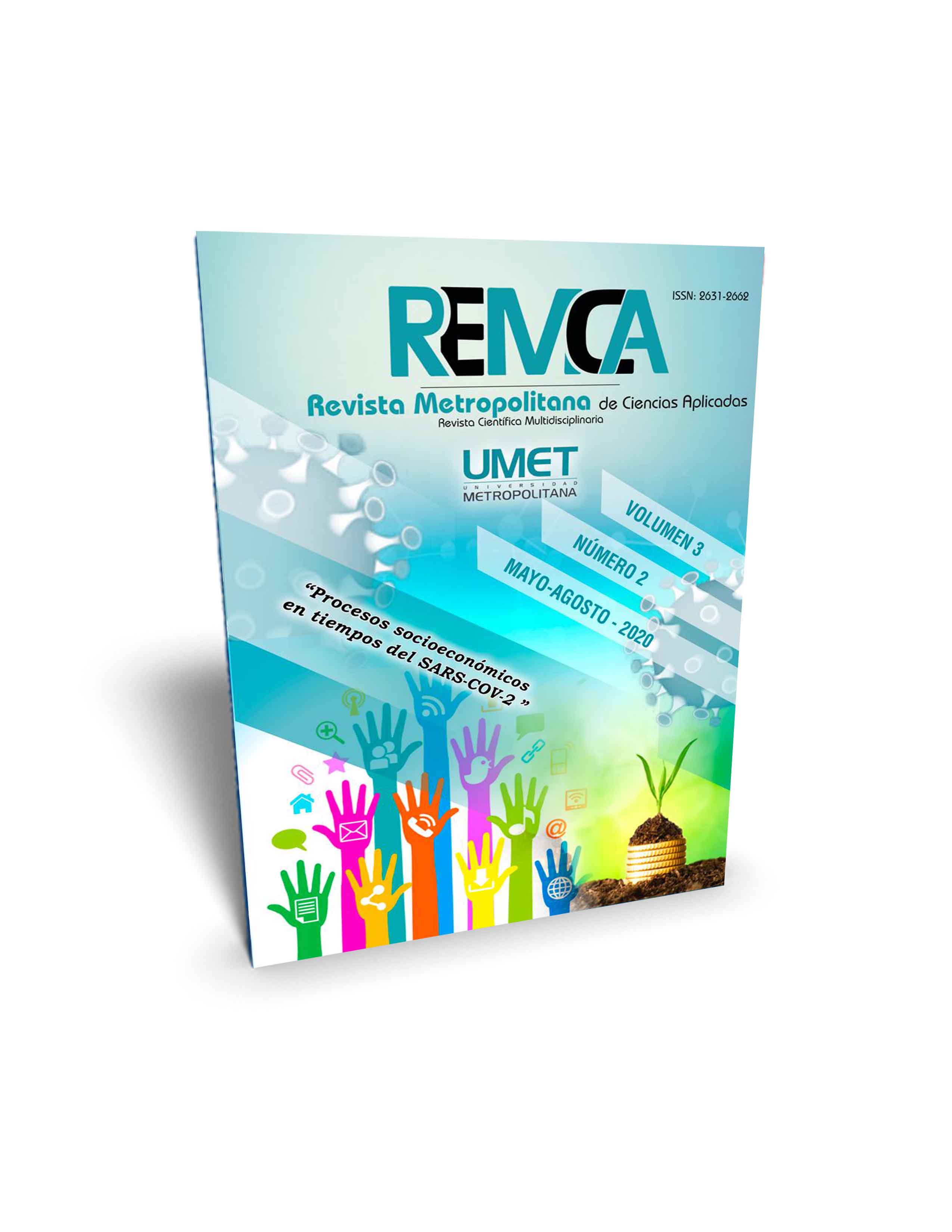Inclusive administration at the university: challenges and perspectives
DOI:
https://doi.org/10.62452/w2cdm829Keywords:
Inclusive administration, universities, participation, modelAbstract
The article analyzes the administration as a social phenomenon of participation, from the four phases of the management cycle to favor the regulation and interaction of people, through their commitment to the permanent exercise of dialogue and participation in decision-making with co-responsibility, permanently adjusting the institution to the current context. Inclusiveness is examined from two perspectives, which allowed discerning the purposes of global and general, as well as institutional, that guarantee inclusion. The study of university management and its peculiarities made it possible to propose a classification of university management processes integrated with approaches in a harmonious way. The general purpose of the proposal for an inclusive administration model at the University is reached, which starts from the model principles of university inclusion and is completed with the four phases of the administration cycle adjusted to the inclusive model.
Downloads
References
Arizabaleta, S., & Ochoa, A. (2016). Hacia una educación superior inclusiva en Colombia. Pedagogía y Saberes, (45), 41-52.
Chiavenato, I. (2004). Introducción a la Teoría General de la Administración. McGraw-Hill.
Columbié Santana, A. (2017) Administración pública inclusiva como base para un desarrollo humano sostenible. Folletos Gerenciales, 21 (3), 132-134.
Ecuador. Universidad Metropolitana. (2019). Modelo Educativo y Pedagógico de la Universidad. UMET
Ecuador. Secretaría Nacional de Planificación y Desarrollo. (2017). Plan Nacional de Desarrollo 2017-2021 Toda una Vida. http://www.planificacion.gob.ec/wp-content/uploads/downloads/2017/10/PNBV-26- OCT-FINAL_0K.compressed1.pdf
Frías, J., & Véliz, J. (2013). La adaptabilidad a los cambios imprevistos del entorno y la creación de capacidades para el autocontrol en la empresa. Técnica Administrativa, 12(53), 1-12.
Organización de las Naciones Unidas para la Educación, la Ciencia y la Cultura. (2005). Guidelines for Inclusion: Ensuring Access to Education for All. UNESCO. https://unesdoc.unesco.org/ark:/48223/pf0000140224
Organización de las Naciones Unidas. (2015). Agenda 2030 sobre el Desarrollo Sostenible. 17 Objetivos de Desarrollo Sostenible. https://www.ilo.org/wcmsp5/groups/public/---ed_norm/---relconf/documents/meetingdocument/wcms_416438.pdf
Stoner, E., Freeman, E., & Gilbert, D. (1996). Administración. Prentice Hall.
Torres Sarmiento, R. y Zúñiga Nieves, L. (2018) Modelo de Gestión para la Educación Inclusiva. (Tesis de Maestría). Universidad Libre.
Downloads
Published
Issue
Section
License
Copyright (c) 2020 Alleyne Antonio Formoso Mieres, Jorge Antonio Frías Adán, Carlos Hernán Valencia Flores1 (Autor/a)

This work is licensed under a Creative Commons Attribution-NonCommercial-ShareAlike 4.0 International License.
Authors who publish in Revista Metropolitana de Ciencias Aplicadas (REMCA), agree to the following terms:
1. Copyright
Authors retain unrestricted copyright to their work. Authors grant the journal the right of first publication. To this end, they assign the journal non-exclusive exploitation rights (reproduction, distribution, public communication, and transformation). Authors may enter into additional agreements for the non-exclusive distribution of the version of the work published in the journal, provided that acknowledgment of its initial publication in this journal is given.
© The authors.
2. License
The articles are published in the journal under the Creative Commons Attribution-NonCommercial-ShareAlike 4.0 International License (CC BY-NC-SA 4.0). The terms can be found at: https://creativecommons.org/licenses/by-nc-sa/4.0/deed.en
This license allows:
- Sharing: Copying and redistributing the material in any medium or format.
- Adapting: Remixing, transforming, and building upon the material.
Under the following terms:
- Attribution: You must give appropriate credit, provide a link to the license, and indicate if any changes were made. You may do this in any reasonable manner, but not in any way that suggests the licensor endorses or sponsors your use.
- NonCommercial: You may not use the material for commercial purposes.
- ShareAlike: If you remix, transform, or build upon the material, you must distribute your creation under the same license as the original work.
There are no additional restrictions. You may not apply legal terms or technological measures that legally restrict others from doing anything the license permits.




